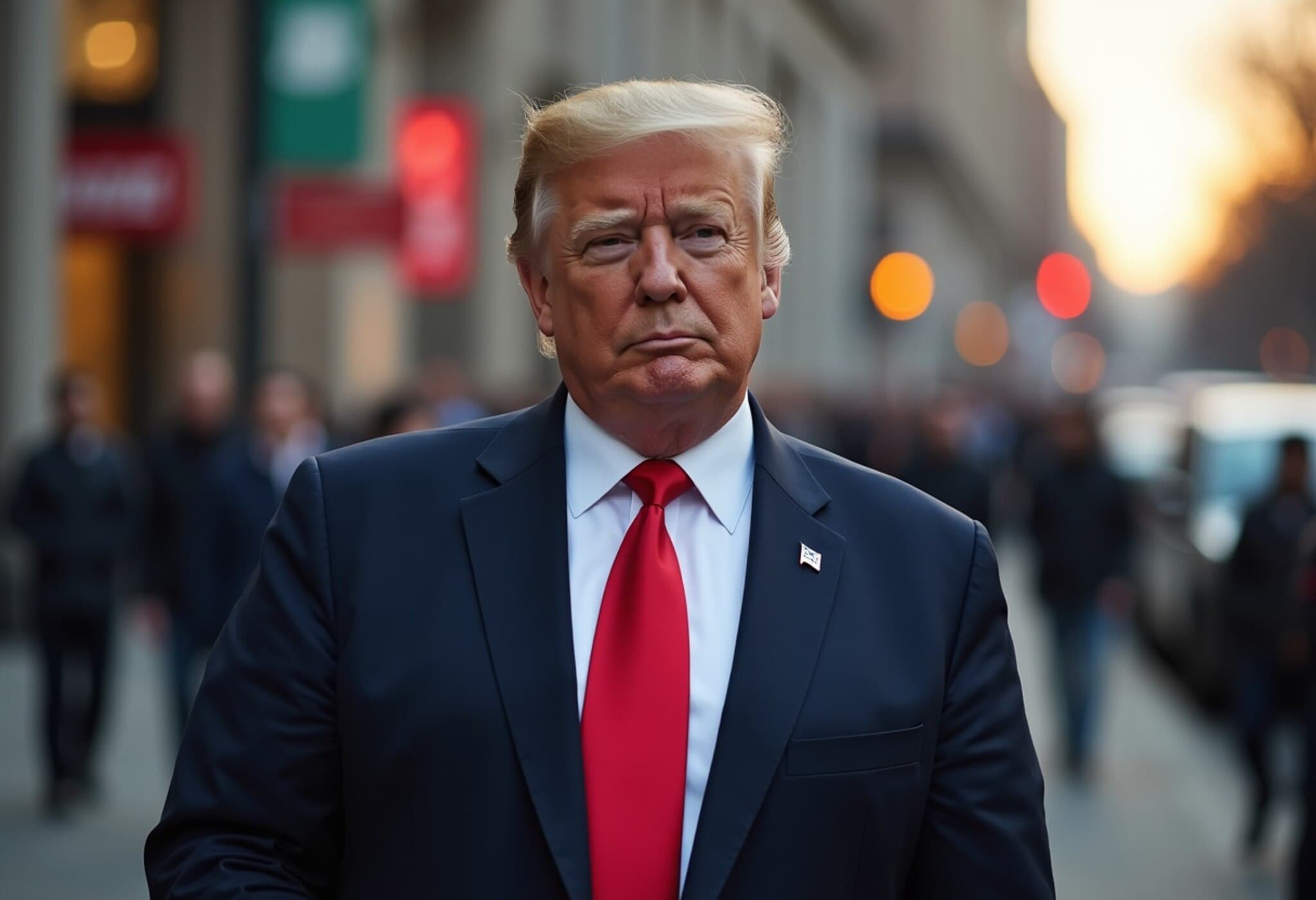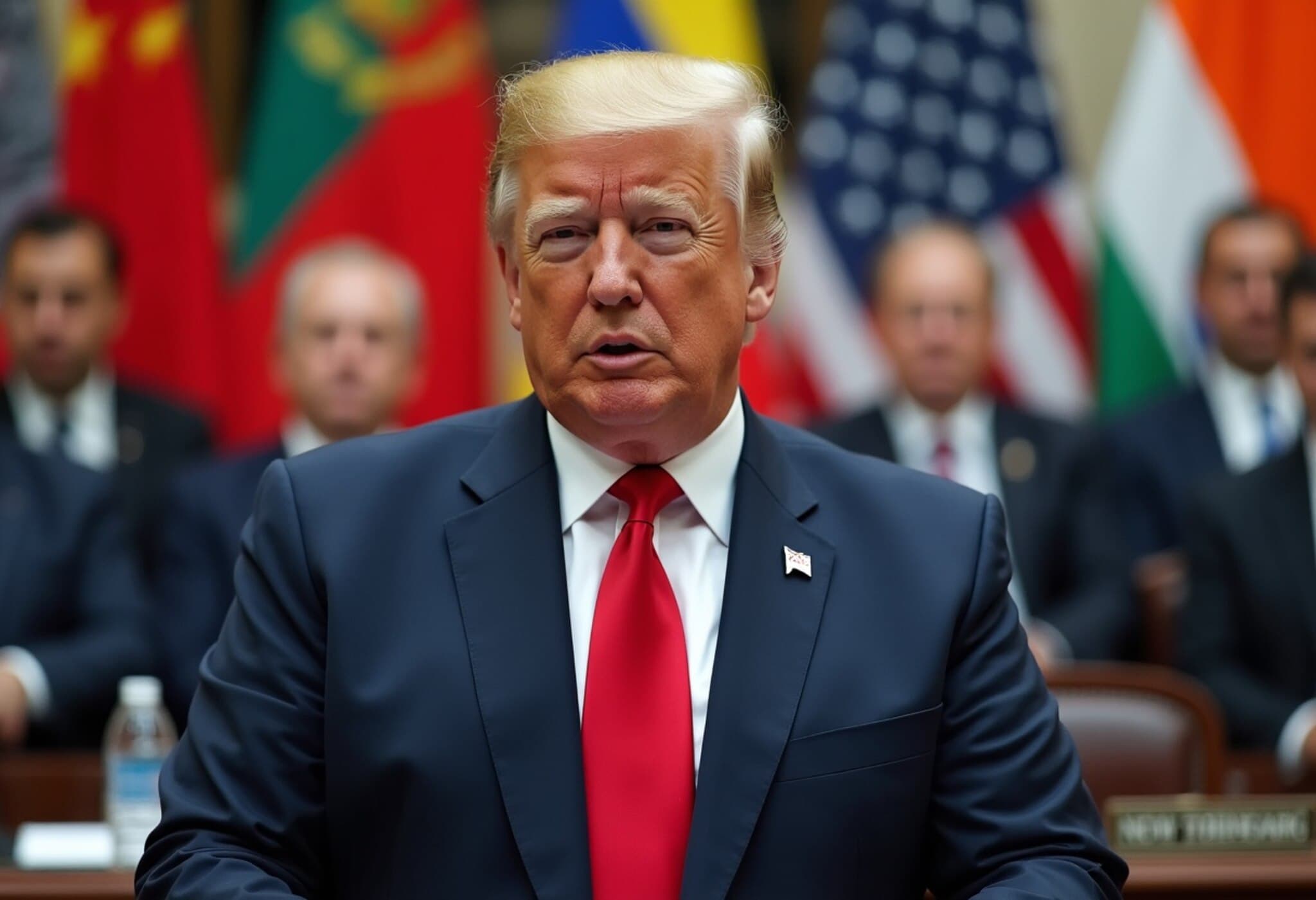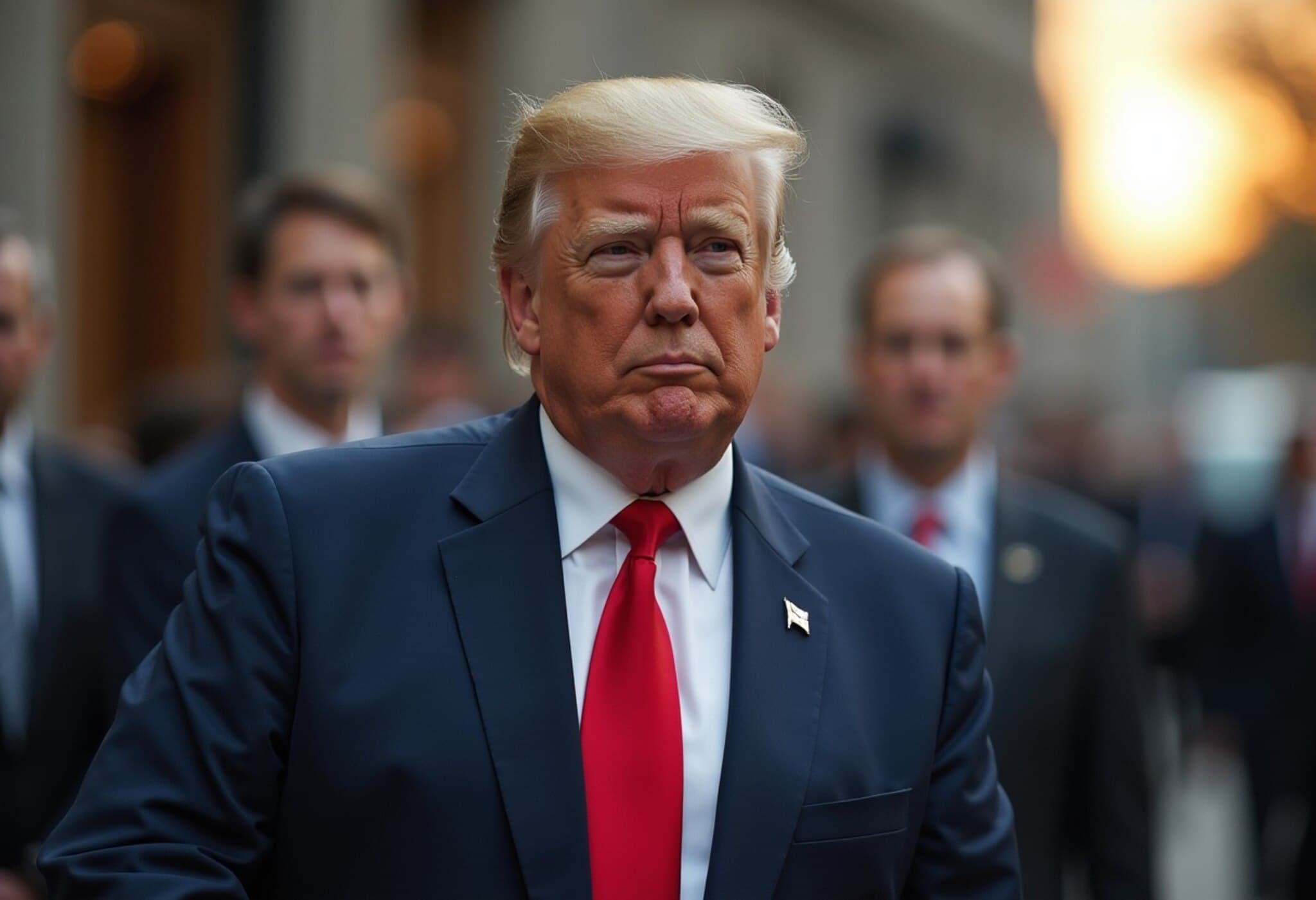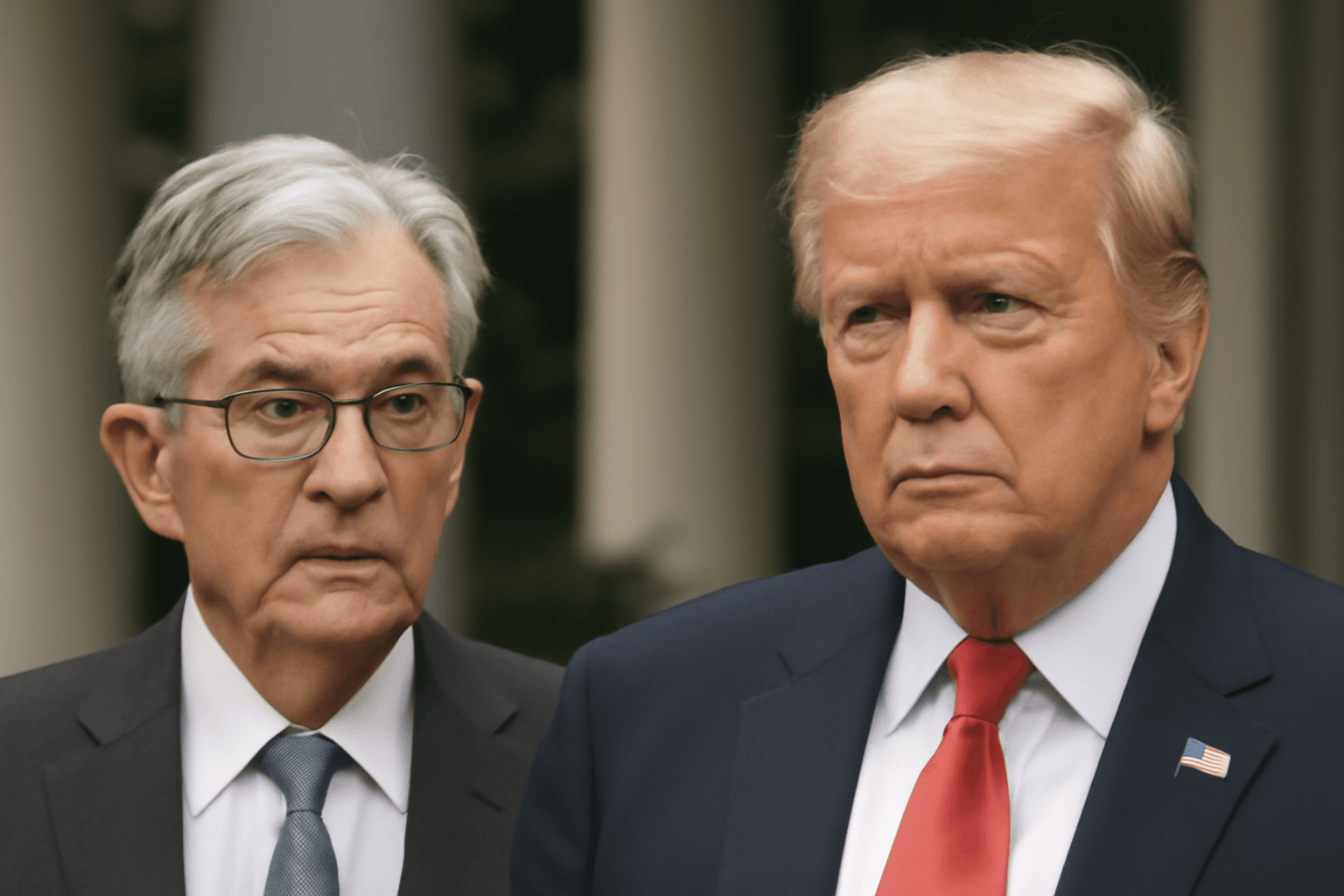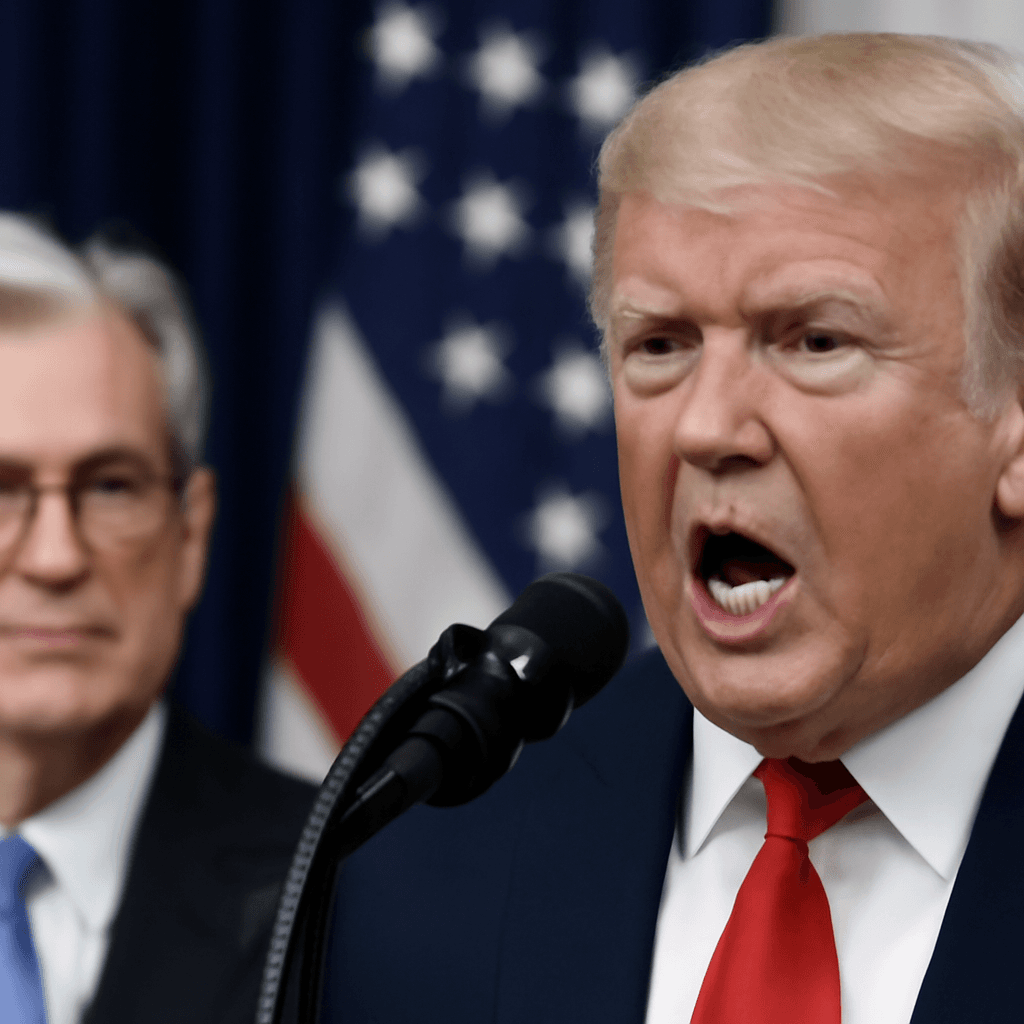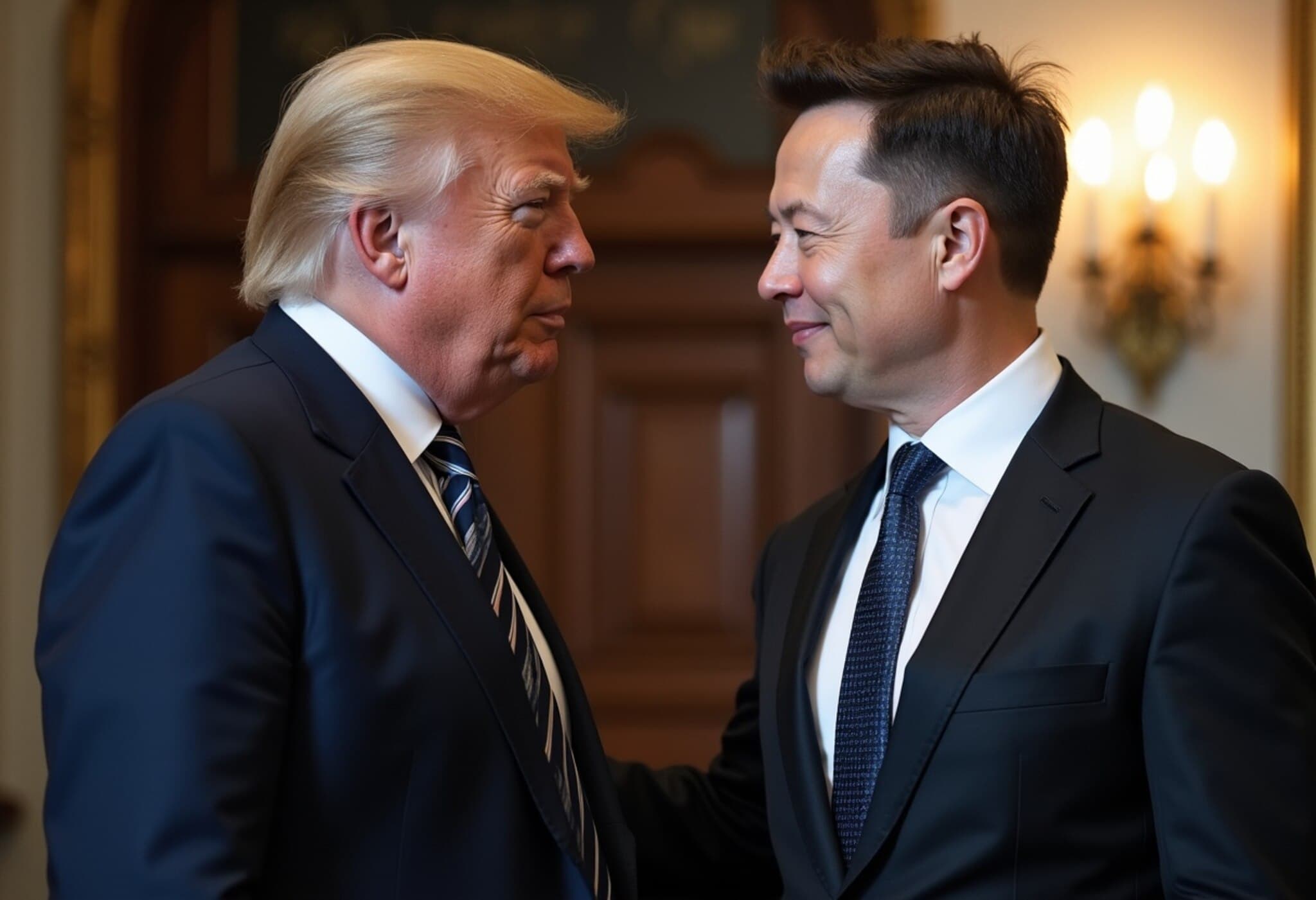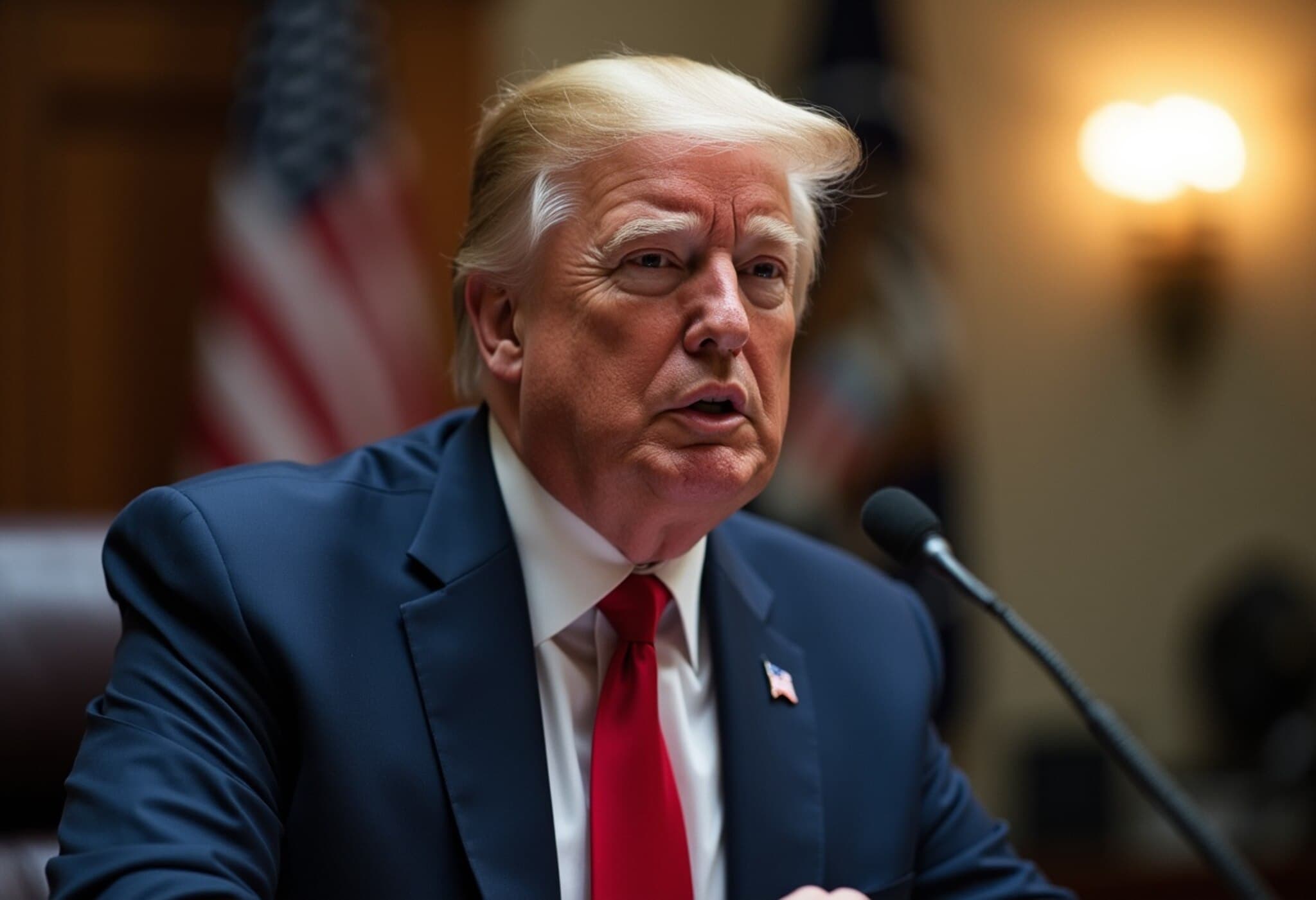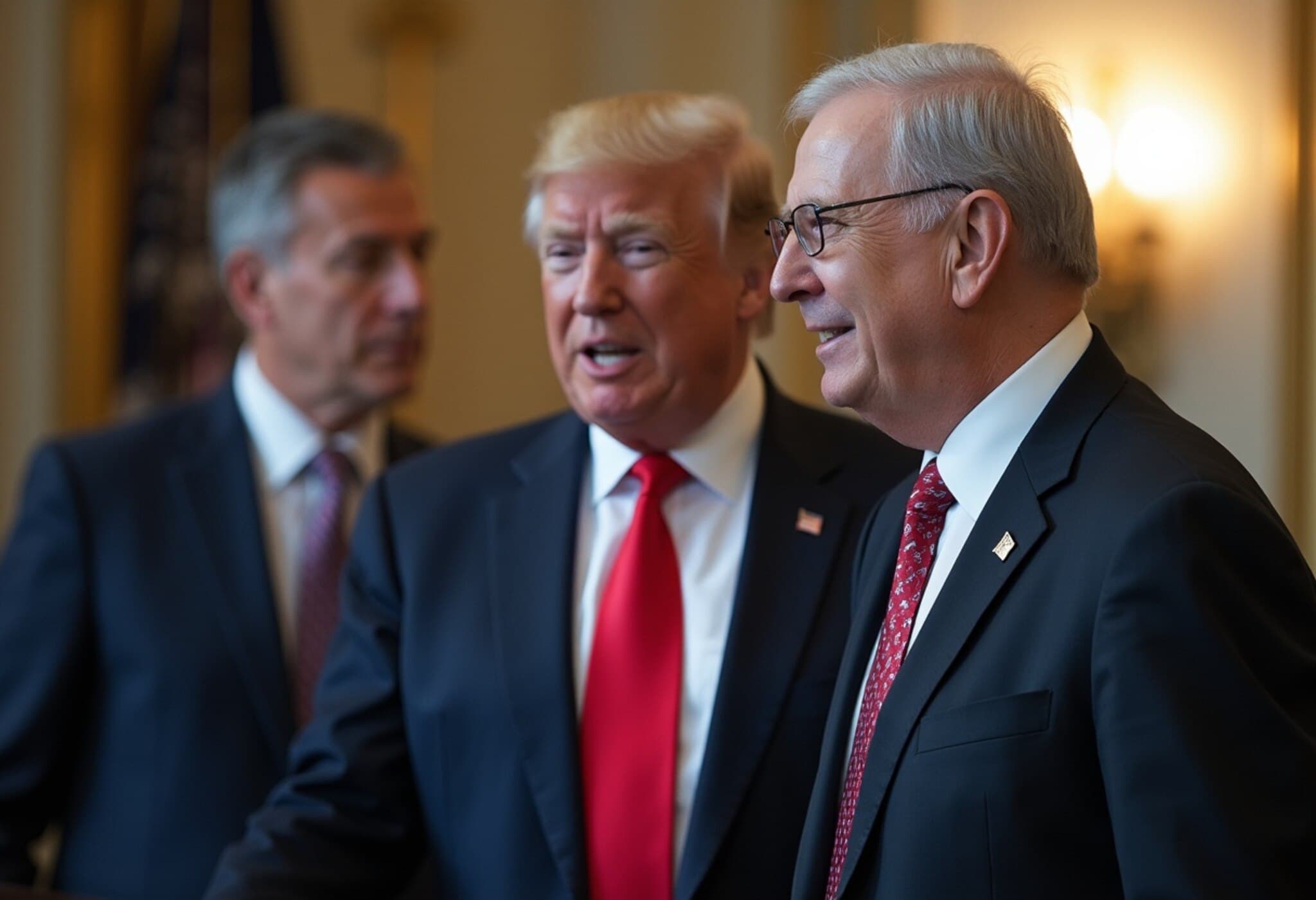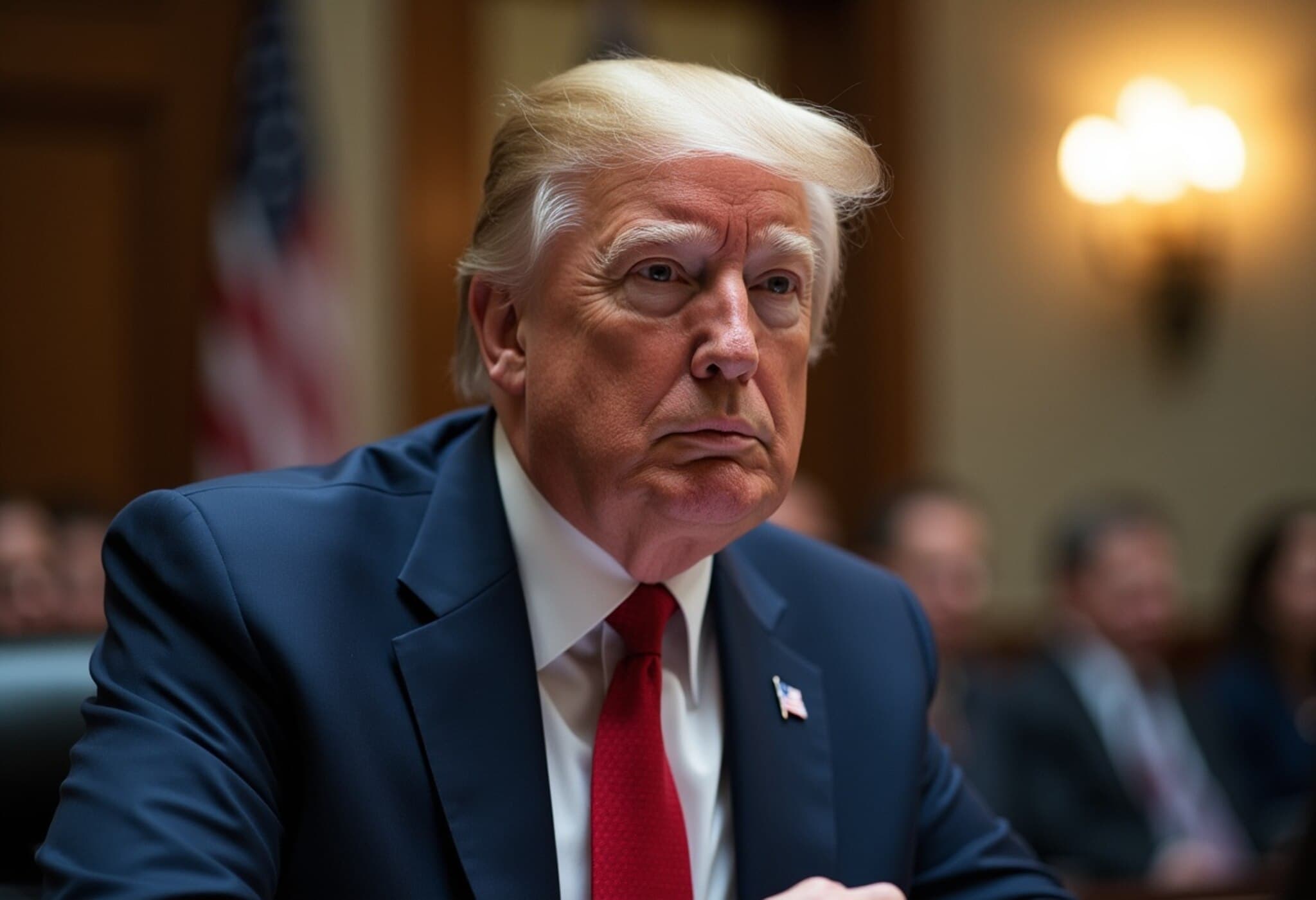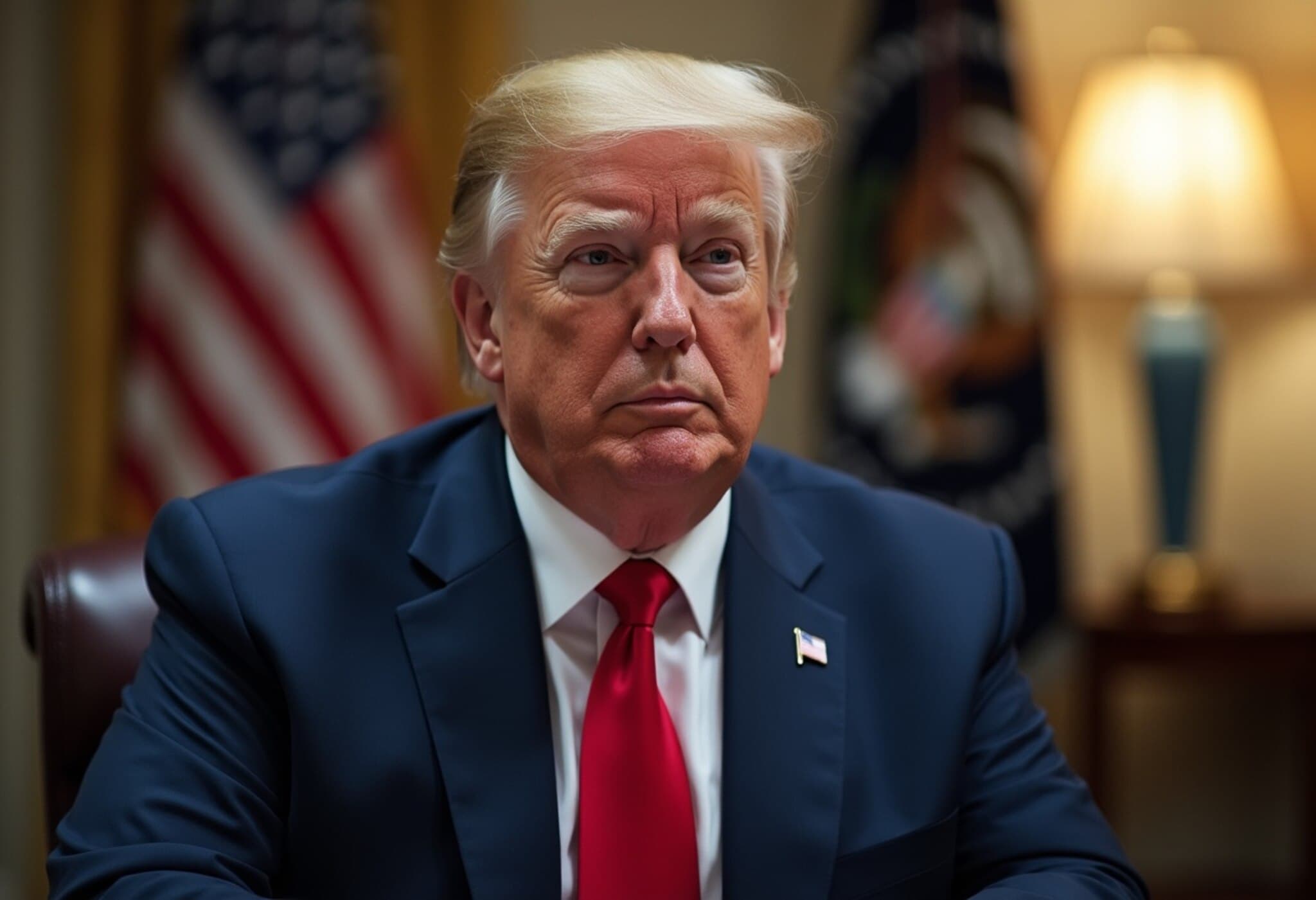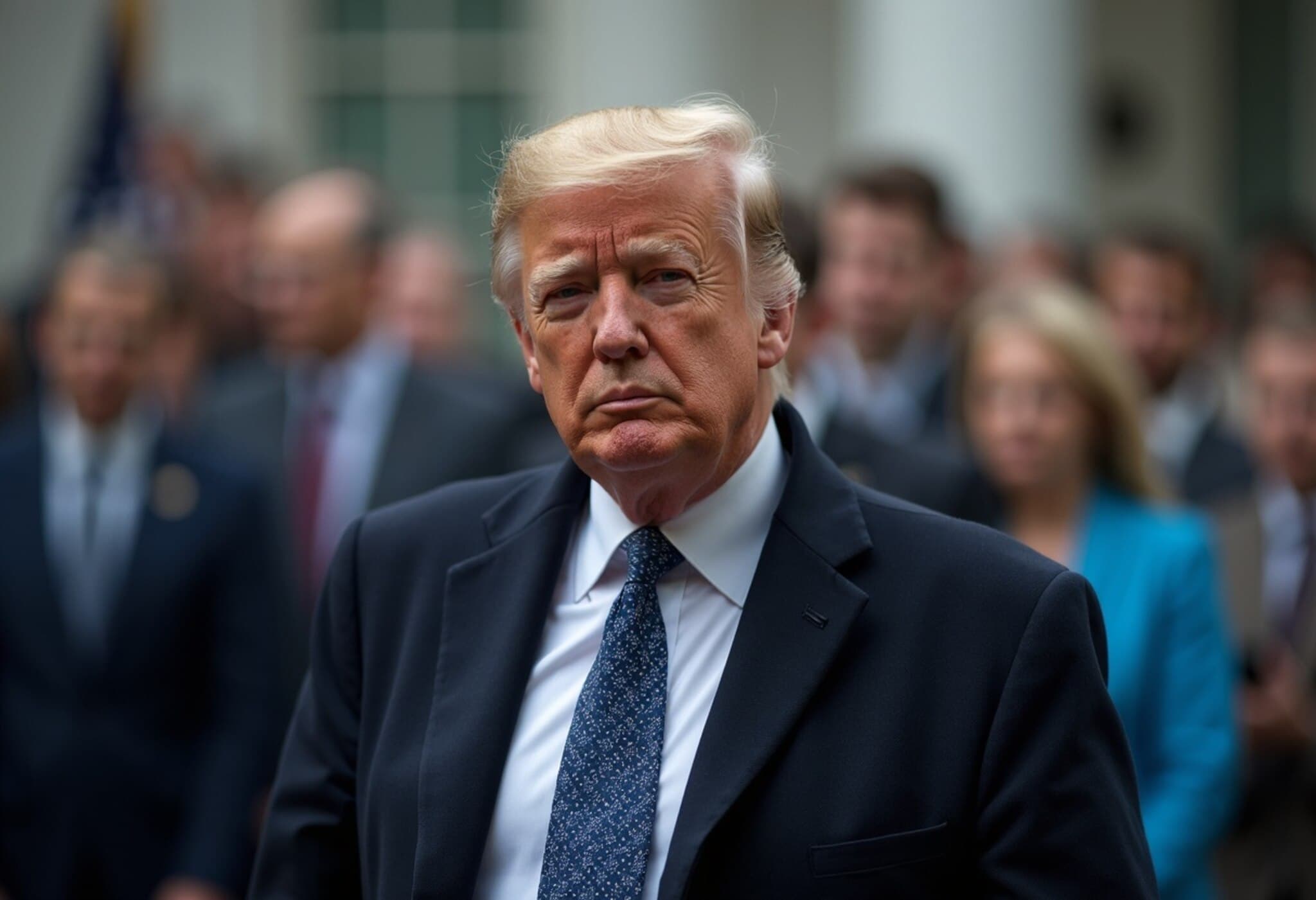Trump’s Immigration Policies Could Dampen U.S. Economic Growth in 2025
President Donald Trump’s stringent immigration crackdown, a hallmark of his administration, is stirring significant concerns among economists and industry leaders alike. Far from merely a political maneuver, this hardline approach threatens to shave an estimated 0.3 to 0.4 percentage points off the United States’ GDP growth in 2025, according to a recent analysis by the American Enterprise Institute (AEI).
Wider Economic Ripples from Labor Shortages
While the immigration measures may satisfy certain political bases, their economic impact is proving deeply disruptive. Numerous labour-intensive sectors, particularly in agriculture and food processing, have long depended on immigrant workers — including those without legal status — to sustain operations. With deportations accelerating and immigration pathways curtailed, these industries face severe staffing shortages.
Recent reports indicate that in some U.S. regions, up to 70 percent of farm workers have stopped showing up for work, leading to unharvested crops and bottlenecks in meat processing plants. This scarcity directly threatens the stability of the food supply chain, potentially driving up prices and limiting availability for American consumers.
Labor Market Contraction Beyond 2025
AEI’s analysis warns that the economic repercussions will not be fleeting. The U.S. labor force and employment levels are projected to experience continuing downward pressure beyond 2025. Monthly payroll employment growth could stagnate or even decline, a stark warning for an economy that relies heavily on immigrant talent to fill both low- and high-skilled roles.
The Crackdown’s Reach Extends to White-Collar Sectors and Wall Street
Contrary to the narrative that immigration policies primarily affect blue-collar workers, the crackdown’s impact reverberates deeply among white-collar industries and financial markets. Business Insider highlights how corporate mergers and acquisitions (M&A) now factor in immigration risks more heavily—companies are scrutinizing immigration compliance before concluding deals and adopting cautious approaches to hiring overseas talent.
The stricter visa application processes, including social media screenings, have resulted in more rejections and entry denials, especially for those critical of the administration. This environment breeds uncertainty, complicating cross-border business travel, international talent recruitment, and ultimately, the dynamism of U.S. innovation and competitiveness.
As Alex Nicoll, Bradley Saacks, and Kaja Whitehouse noted, “For firms that rely on talent from abroad and travel across borders to strike deals, the stakes are high. While no one’s been grounded yet, anxieties are mounting, leading to more cautious travel plans and hiring pivots.”
Expert Insights: Balancing National Security and Economic Vitality
From a policy perspective, Trump's immigration crackdown illustrates the complex balancing act between enforcing immigration laws and safeguarding economic prosperity. Industries that are intrinsically reliant on immigrant labor emphasize the need for a nuanced approach that addresses security concerns without undercutting labor market fluidity. Ignoring these sectoral dependencies risks undermining food security and the broader economy.
Furthermore, the rise in visa denials linked to social media vetting raises questions about civil liberties and freedom of expression, potentially chilling legitimate critique and cultural exchange — factors that contribute to America’s global innovation leadership.
What Lies Ahead for the U.S. Economy?
- Potential GDP slowdown: Continued immigration restrictions may subtract up to 0.4% from growth, complicating post-pandemic recovery efforts.
- Labor shortages: Key sectors like agriculture and meat processing could experience worsening worker deficits, risking supply chain disruptions.
- Business climate shifts: Heightened scrutiny on immigration compliance may deter foreign investment and constrain corporate growth strategies.
- Societal discourse challenges: Expanded visa screening policies may raise concerns about rights and openness, affecting America's soft power.
Editor’s Note
As the United States grapples with immigration enforcement and economic imperatives, these developments underscore the urgent need for thoughtful, data-driven immigration reforms. The Trump administration’s aggressive policies serve as a cautionary tale about the economic and social costs of rigid immigration controls. Policymakers, business leaders, and citizens alike must ask: How can America uphold its borders’ security while maintaining the diverse, talented workforce that fuels its prosperity?
Understanding these trade-offs is essential for crafting immigration policies that sustain growth, protect workers’ rights, and preserve the nation’s leadership on the global stage.

